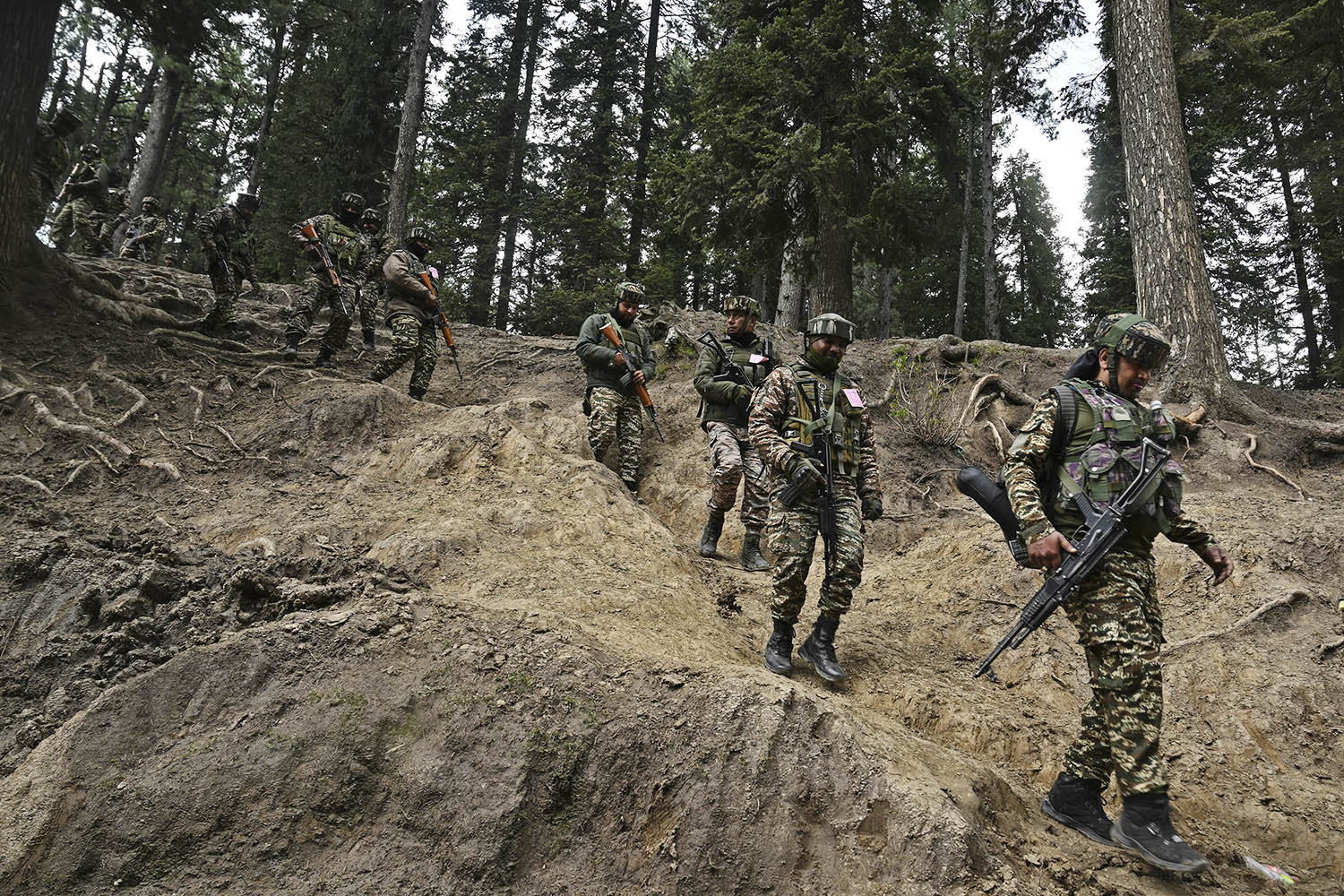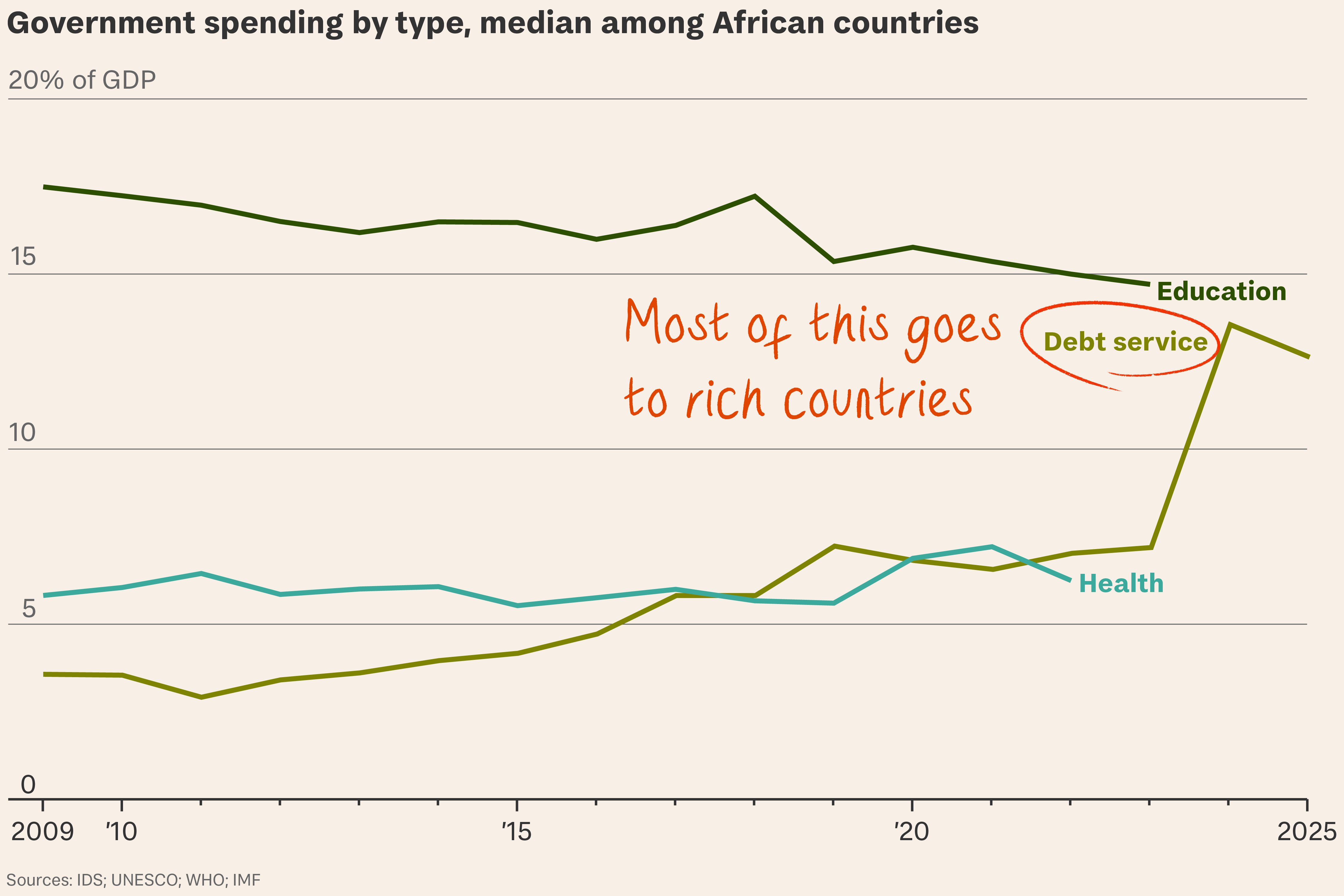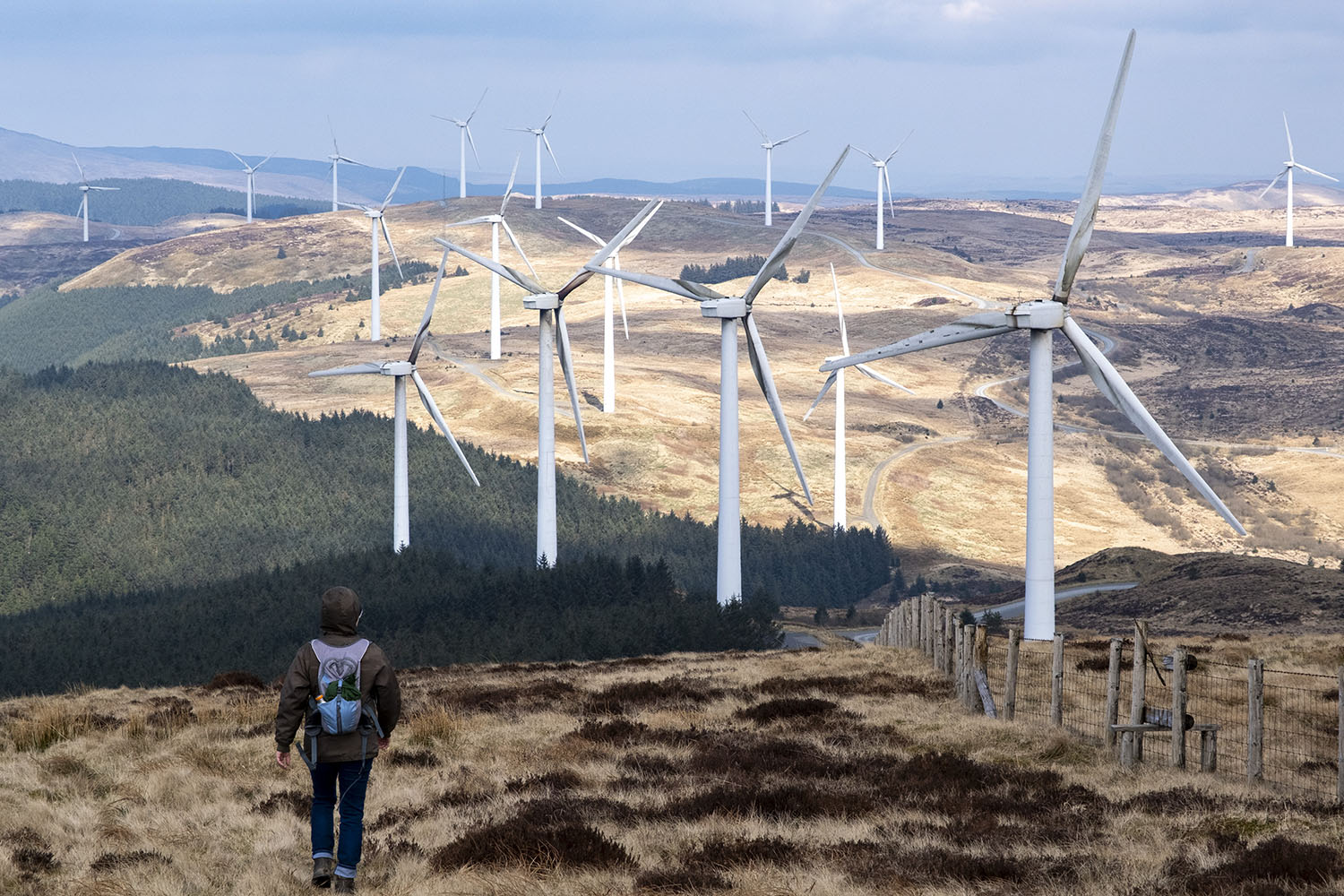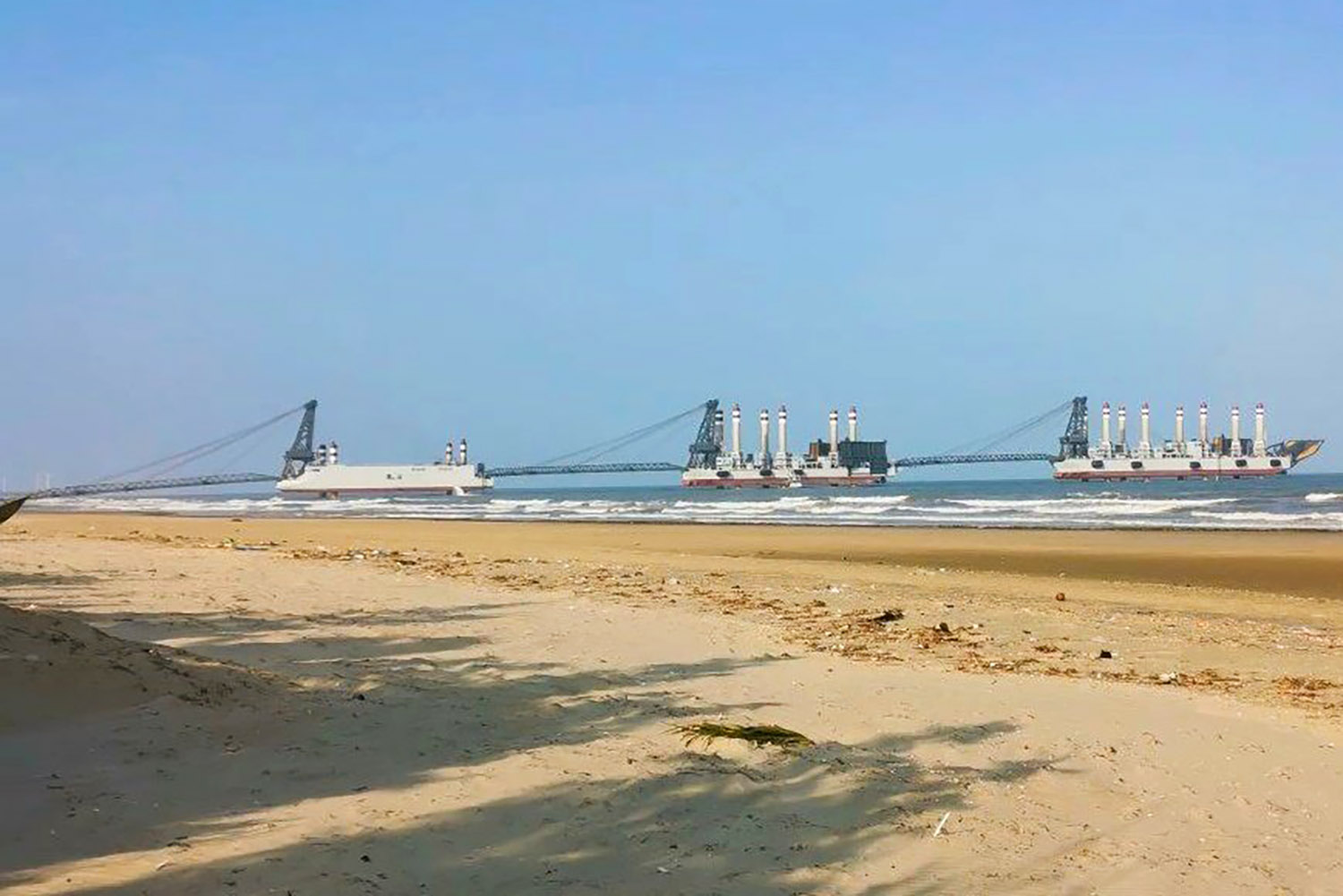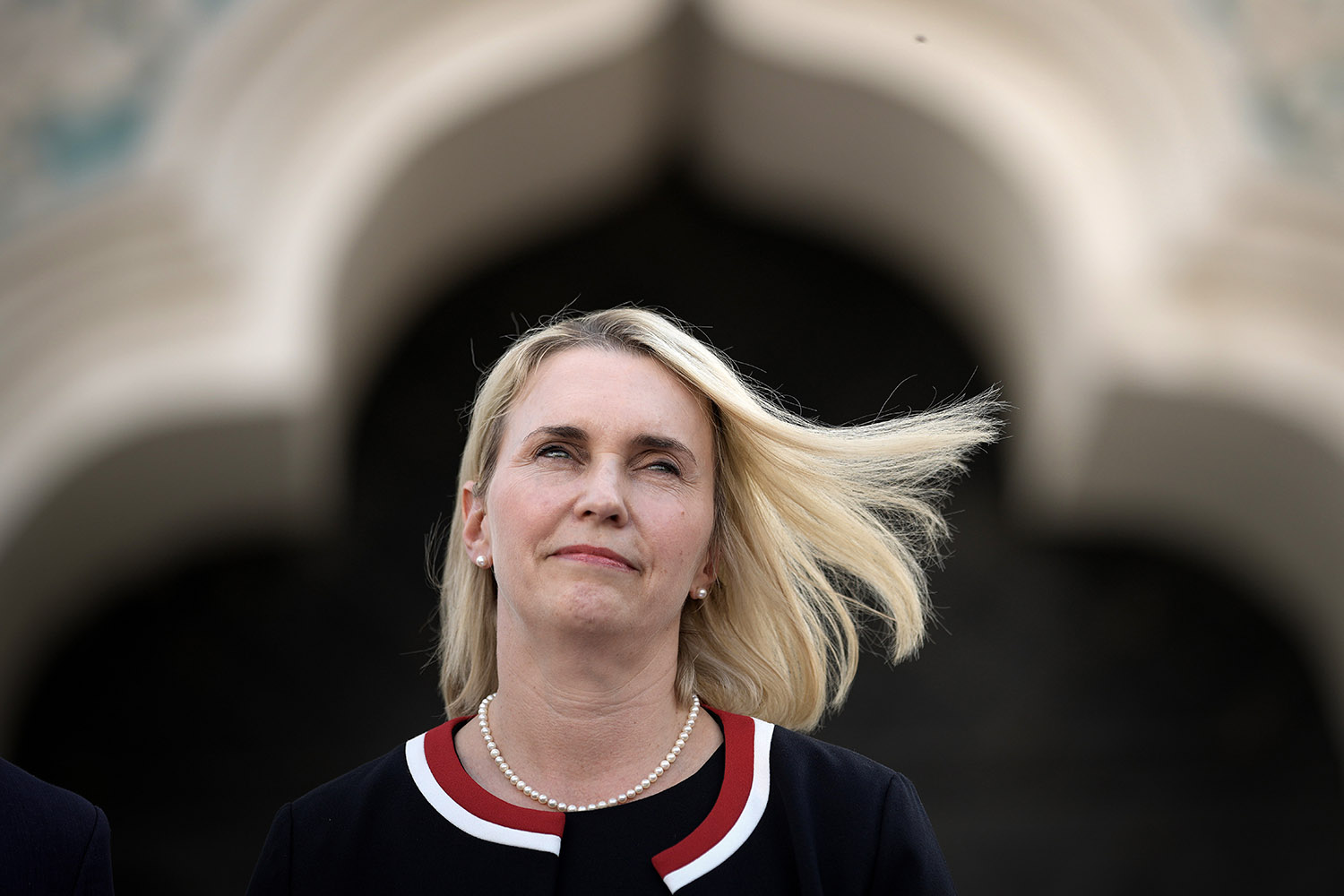
Friedrich Merz is poised to replace Olaf Scholz as Germany’s chancellor after elections in which the centre-right CDU/CSU alliance won as expected, and the hard-right Alternative für Deutschland came second as feared.
The AfD won a record 20 per cent of the vote, double its previous best, according to exit polls.
As things stand it will be excluded from power by the “firewall” maintained by mainstream parties in an effort to silence echoes of Germany’s past in its present.
But Merz has already broken that taboo, raising the prospect of introducing tougher border controls even “if only the AfD supports our proposals”.
When news of Merz’s comments emerged during the campaign the AfD’s leader, Alice Weidel, tweeted: “The firewall has fallen!”
The election was won (and lost) on the struggling economy, rising living costs and immigration. It was prompted by the collapse of Scholz’s governing “traffic light” coalition last year and will be followed by weeks of coalition-building by Merz. His playbook – flirting with the far-right in the hope of cauterising it – may backfire.
Merz has so far resisted the idea of allowing the AfD into any coalition, but much rests on the final vote tally. As ballots were counted on Sunday night, Weidel told supporters a Merz coalition without her support would “not survive four years”, raising the possibility of another election sooner than expected.
Scholz, leader of the Social Democrats, urged other parties to retain the firewall, saying the AfD’s rise was “something we cannot accept and I will never accept”.
He will hope his words are heard by his successor: political expediency may mean they are not. And the AfD can argue – as Reform has in the UK – that ignoring it creates a democratic deficit: early reports suggest turnout for this election was the highest it’s been since reunification at 84 per cent.
Merz is seen as an Atlanticist who quotes Ronald Reagan and has pushed for closer ties with the US. At the Munich Security Conference earlier this month, he seemed (relatively) willing to accept the geopolitical shift being ushered in by Donald Trump via his vice president. Speaking after JD Vance, Merz said: “If we don’t hear the wake-up call now, it might be too late for the entire European Union.”
Merz seems less accepting of Trump’s subsequent comments about Ukraine, warning of “autocratic behaviour”, but the incoming chancellor appears eager to develop deeper strategic ties with the UK and France. Whether he can head off pro-Russian elements in AfD first remains to be seen.
Key number: zero – net growth of the German economy in the past five years.

